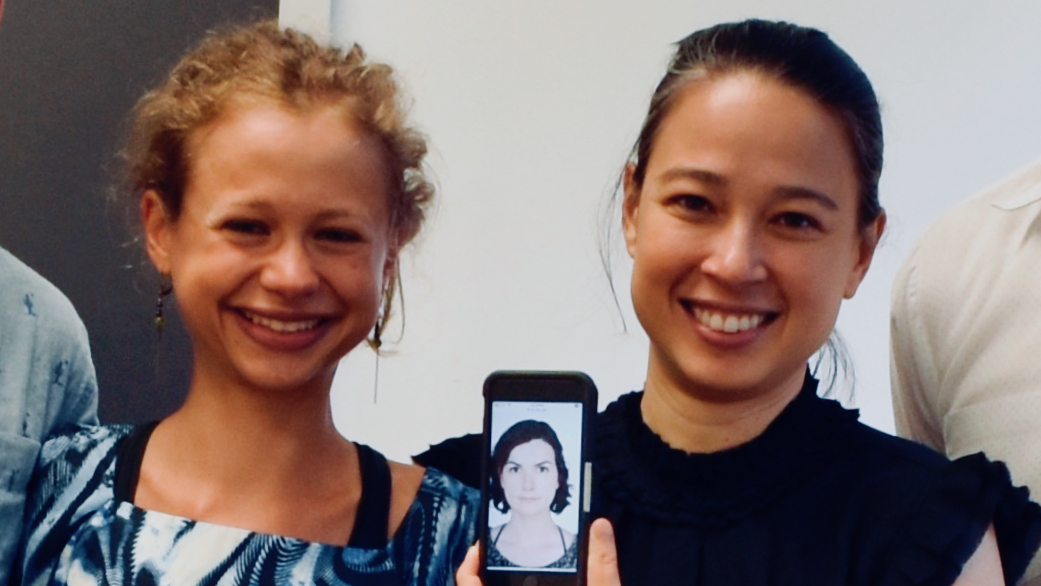Valentine in Developmental Psychology
September 09, 2025

On the challenge of learning what "have to" means.
Now out in Developmental Psychology, "Word learning challenges explain nonadult possibility language comprehension in preschoolers," by a team with Valentine Hacquard as anchor, NYU's Ailís Cournane as lead, and lots of work from their students, Anouk Dieuleveut (PhD *21 Maryland, postdoc at Geneva) and Chiara Repetti-Ludlow (PhD *24 NYU, postdoc at Carnegie Mellon). The paper, abstracted below, reports two experiments on how children of preschool age understand modal statements with can and have to. Often they seem to understand the latter as expressing possibility, which some have taken as evidence of a conceptual difficulty with "reasoning about open possibilities." Team Hacquard pushes back, and suggests that the difficulty is with word-learning and not modal concepts.
This article presents two experiments testing English children’s understanding of the “force” of modals, asking whether they understand that can expresses possibility and have_to expresses necessity. Prior studies show that children tend to over-accept necessity modals in possibility situations and argue this behavior stems from conceptual difficulties reasoning about open possibilities. However, these studies typically test modal force using epistemic modality (knowledge-based), which is less input-frequent than nonepistemic modalities (actual-world priorities or goals) and involves speaker perspective-taking. Our results with more familiar teleological (goal-oriented) modality show that preschoolers have an adult-like understanding of possibility can, but they seem to treat necessity have_to as a possibility modal, in affirmative (Experiment 1) and arguably in negative sentences (Experiment 2). We take these systematic errors to call into question conceptual accounts. We argue that younger preschoolers’ difficulties with modal force are due to word-learning challenges: They treat necessity modals as possibility modals.

